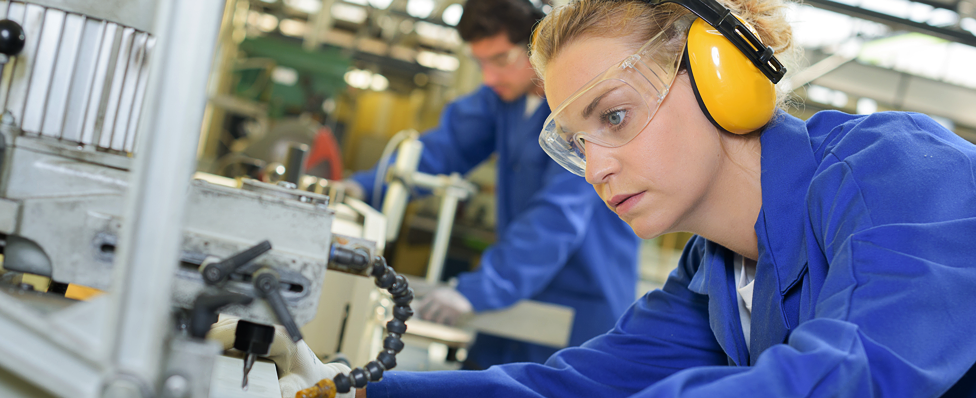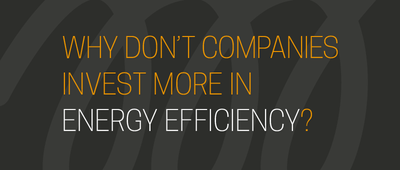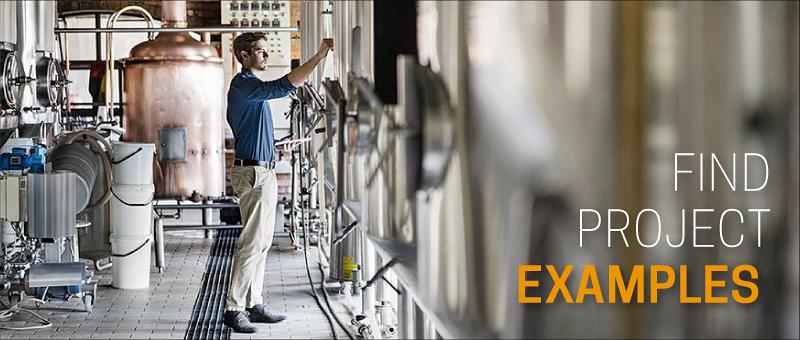Columnists: Rod Janssen, Sustainable energy expert

Published on: 27 Feb 2024
Decarbonising Industry: Stepping into the unknown?
Donald Rumsfeld, former US Secretary of Defense in the George W Bush administration is remembered for saying, “there are known knowns; there are things we know we know. We also know there are known unknowns; that is to say we know there are some things we do not know. But there are also unknown unknowns—the ones we don't know we don't know.”
At eceee's mportant two-day Zero Carbon Industry 2024 conference in Antwerp, Belgium, there was a focus on the formidable challenge – which is known. The industry conference organised by eceee, the European Council for an Energy Efficient Economy, readily grasped the ongoing need to improve processes and operations. But participants were just as focused on the more drastic transformations needed for industry to achieve deep decarbonisation as to meet EU and global climate and energy objectives. It’s a transition that must be embraced while, at the same time, staying competitive – and staying in business!
While industry today knows many of the known knowns that will be needed for the transition, the “drastic transformations” will certainly introduce unknown unknowns.
The eceee energy efficiency conference in Antwerp included three themes: the processes and technologies to meet future challenges; energy management and corporate culture; and the drivers to change. There were also two discussions on the challenges that industry and policy makers face and on some of the innovative solutions to go forward. You put 100 people together and you will get possibly more than one hundred views – which is positive because we are dealing with known knowns, with known unknowns, and unknown unknowns.
Underlying the discussions was the question of what is holding us back? Is there reluctance around the known solutions? Or is it fear of the ‘unknowns’ that makes industry wary about taking the necessary steps forward?
Improving the energy performance of industries at the same time as decarbonising them isn’t the flip of a switch. The roadmaps are complicated and complex. They depend on the human dimension – from those who analyse and set strategies for those who decide to go forward; to those who procure the technologies and services, and those who keep the businesses operating while all of this is happening.
Decarbonising our economy has never been tried before. Decarbonising one factory is one thing. Decarbonising the entire industrial sector is an overwhelming challenge, especially when it needs to be completed in less than three decades. Nothing has ever happened like this. But it has to succeed.
Just after the eceee conference, Antwerp was again the scene of an important industry initiative with the ‘The Antwerp Declaration for a European Industrial Deal’ signed by 73 industrial leaders representing 17 industrial sectors, and presented to Belgian Prime Minister Alexander De Croo and European Commission President Ursula von der Leyen. The declaration underlines the commitment of industry to Europe and its transformation and outlines urgent industry needs to make Europe competitive, resilient, and sustainable in the face of dire economic conditions. The organisers are now encouraging other companies and associations to keep up the momentum of this declaration.
Momentum is definitely needed. As Europe prepares for the election of the European Parliament in June, the voice of consumers and related stakeholders from all end-use sectors is key to ensuring that everyone is on the path to meeting long-term climate and energy objectives.
It is it our collective challenge to go into the unknown. And make it work. It was Star Trek that made the unknown so popular, vowing “to boldly go where no one has gone before.” That’s what it will take to decarbonise our economies, our industries. But we will have to make sure it is science-based, not science fiction.







